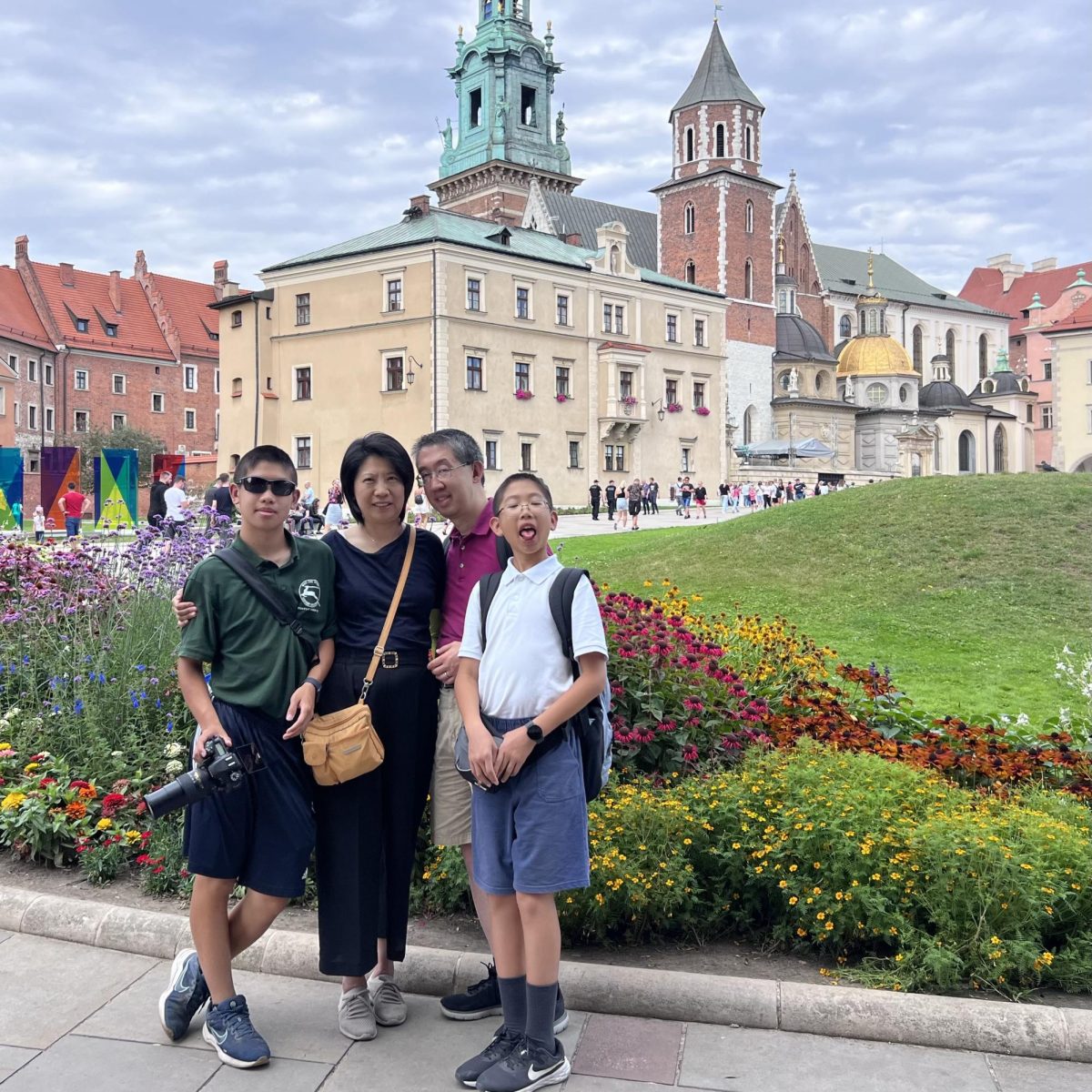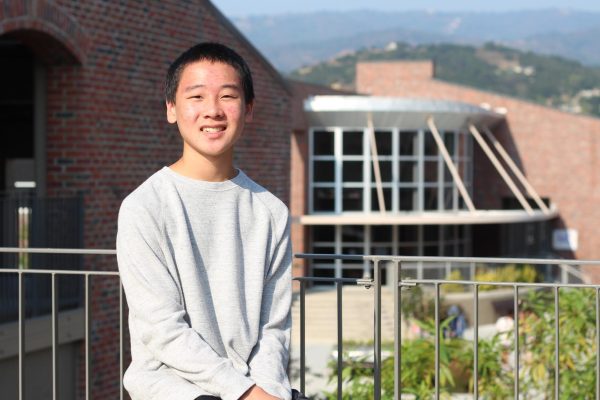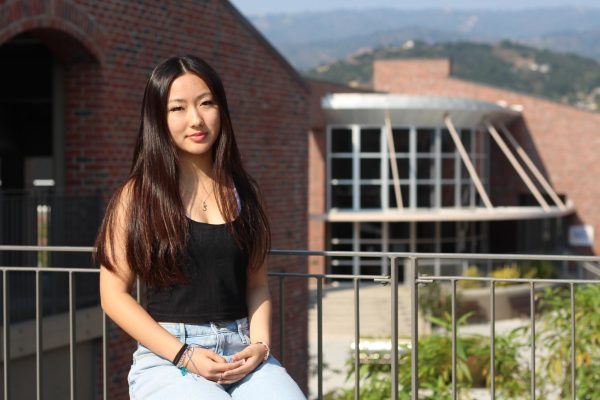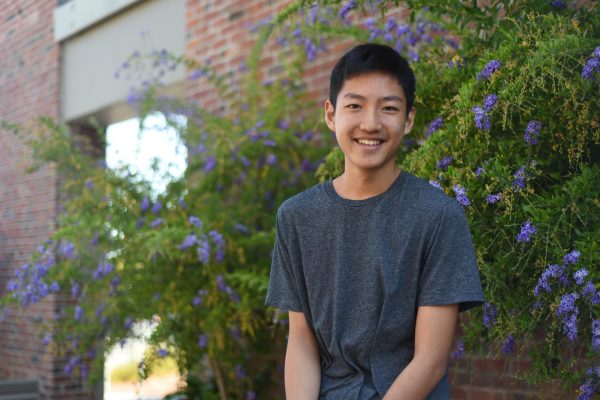When it comes to the way Asian families express affection, junior Ryan Liu says that many parents in Asian families express their love in unconventional ways such as acts of service, with less emphasis on verbal and emotional connections. For example, Liu’s grandparents cook food for him as a way of showing appreciation.

“People think Asian parents don’t express love at all, but I don’t think that’s true,” Liu said. “They just express it in different ways. They won’t say it outwardly through words, but they’ll do small things. It’s on a smaller degree, but it’s still there.”
Growing up in an Asian family, Literature teacher Shozo Shimazaki felt that emotional acknowledgment from his parents was lacking. Wanting to avoid this when raising his own child, he focuses on establishing an emotional connection with his family, as he feels that being aware of the feelings of other people is an important skill to have.
“I think I talk a lot more about being aware of someone else’s feelings,” Shimazaki said. “When I was young, I had more thirst for some emotional acknowledgment. When I had a child, I did not want my child to feel like they’re lacking in that area. It could be just that I’m more Americanized than my parents, and if we’re going to be living in America, we probably need to be more affectionate.”
This ‘Americanized’ culture is also shared by Liu, who says that he has a more friendly relationship with his parents. Liu says his family is very supportive of each other and that his dad wanted to avoid traditional “Asian style” parenting as he disliked the lack of emotional connection he had with his parents. He appreciates the emotional connection his family has, which allows them to strike a balance between spending time together and having time to themselves while still being involved in each other’s lives.
“I try to spend time with my parents,” Liu said. “My mom is a teacher, so she has horror stories about students. She always has a good story to tell me. It’s nice to just ask them, ‘Oh, how are you doing?’ and check in on them from time to time.”
Sophomore Alexander Chu shares similar thoughts on the differences between his family and his father’s family. According to Chu, his father’s family, having grown up in Texas, had strict expectations of obedience, allowing very little scope for exploration beyond what was deemed acceptable. However, Chu believes that his parents provide more opportunities for freedom.
“I think my parents in the modern day are able to take in more feedback from other parents,” Chu said. “They can see what other parenting styles are like and be open to new ideas.”
 Chu has also noticed that his family places a stronger emphasis on “educational gifts” rather than “material gifts” as a way of expressing affection towards one another. Chu particularly mentioned differences in the way older generations share affection when compared to younger people.
Chu has also noticed that his family places a stronger emphasis on “educational gifts” rather than “material gifts” as a way of expressing affection towards one another. Chu particularly mentioned differences in the way older generations share affection when compared to younger people.
“I think older generations tend to express their love more through wisdom or advice,” Chu said. “This is as opposed to younger generations, who express love more through material objects or vacations.”
Similarly, Shimazaki says that when he was growing up, his family focused on non-verbal forms of affection, as his parents believed love did not need to be said aloud. He also says that both his parents satisfied different needs, with his father providing for his economic needs, and his mother providing for his emotional needs.
“I think there was the assumption that he needed to focus on his career, and that’s part of his affection for us,” Shimazaki said. “I interpreted it to be more that he was providing material things and my mom was providing more humanistic things. My mom is more open to other ways to express affection. I think my mom would probably even say her worrying about me is a way of showing affection.”














